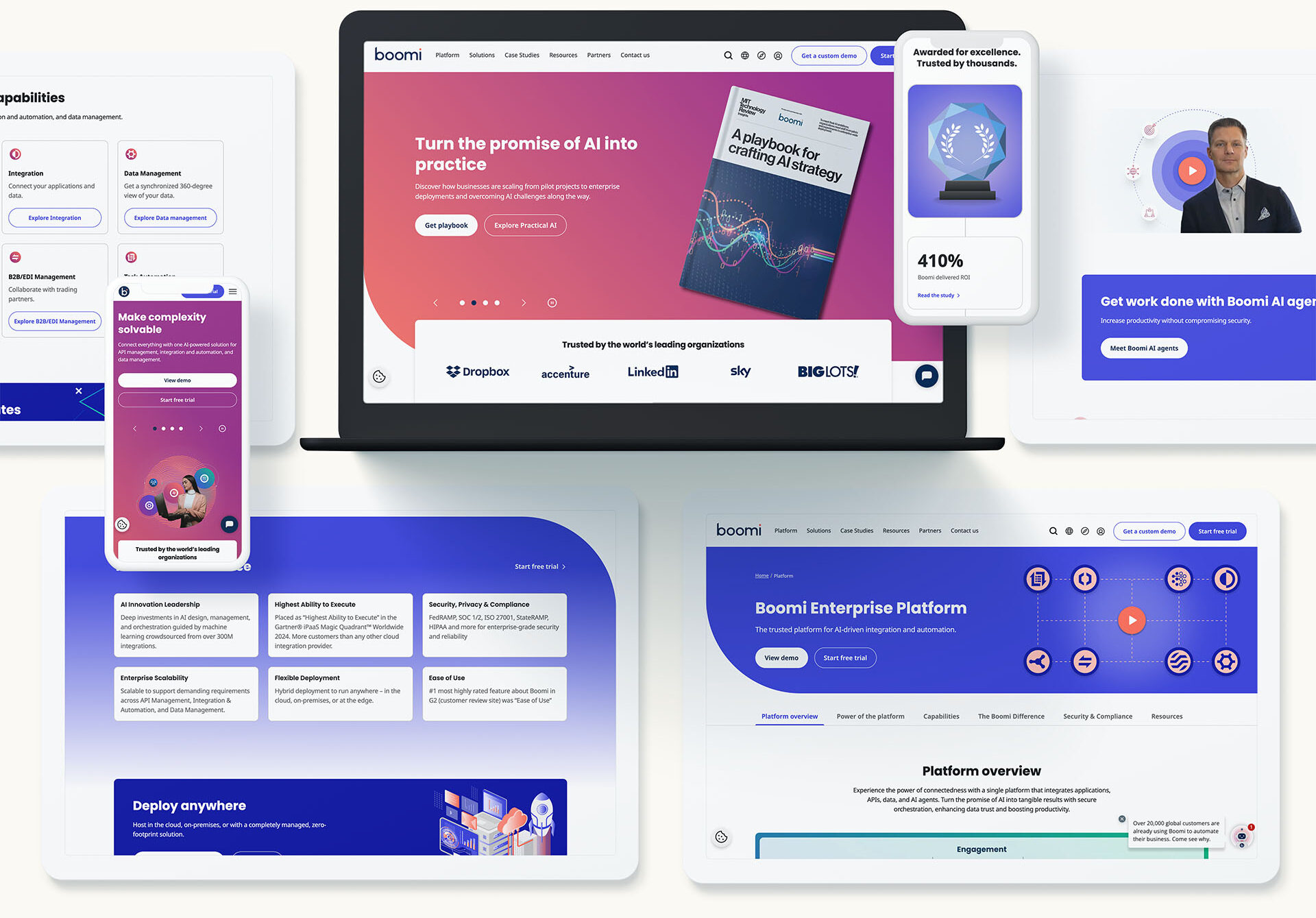The world of search is evolving faster than ever. With Google rolling out its Search Generative Experience (SGE), AI is no longer just a tool behind the scenes—it’s now directly shaping how users find and consume information. For marketers, this shift presents both exciting opportunities and significant challenges. Traditional SEO tactics, once focused mainly on keywords and backlinks, are being supplemented—and sometimes disrupted—by AI-driven summaries that answer questions directly in search results.
Understanding how generative search works and how it affects organic visibility is now essential for anyone managing content or digital marketing. This guide explores SGE, its implications for SEO, and actionable strategies for marketers looking to stay ahead.
What is Google’s Search Generative Experience (SGE)?
Google’s Search Generative Experience is an AI-powered layer within search that generates concise, context-aware responses for user queries. Unlike traditional search, which relies solely on ranking web pages based on relevance, SGE synthesizes information from multiple sources, often providing users with immediate answers without requiring them to click through.
For example, instead of showing ten links for a “best project management tools” query, SGE may provide a summary comparing tools, highlighting pros and cons, and offering suggested next steps. The system also includes citations and suggested follow-up queries, giving users a more interactive search experience.
SGE is currently being rolled out across various markets and continues to expand, making it crucial for marketers to understand how AI-generated content impacts visibility, traffic patterns, and user behavior.

How Generative Search Changes SEO Fundamentals
The introduction of generative search alters the core principles of SEO in several ways:
- Shift from Keywords to Intent: Instead of optimizing purely for keywords, marketers must focus on answering questions thoroughly and accurately. SGE prioritizes content that provides clear, relevant, and contextually accurate information.
- Impact on Click-Through Rates: AI-generated summaries may reduce clicks to traditional web pages since users get answers directly in the search interface. This makes it critical to appear as a credible source within the summary itself.
- Authority and Trust Matter More: Generative search emphasizes authoritative content. Google favors content from sources with expertise, reliability, and trustworthiness, making brand reputation more important than ever.
- Structured Data is Essential: AI models rely on structured content to interpret context effectively. Proper use of schema markup can increase the likelihood your content is cited in AI-generated responses.
This evolution doesn’t make traditional SEO irrelevant—it changes the rules, requiring a deeper focus on content quality, authority, and AI-readability.

Adapting Your SEO Strategy for the SGE Era
Staying competitive in a generative search landscape requires updating your SEO strategy. Here are key approaches:
1. Prioritize Content Depth and Expertise
Short, surface-level content is less likely to be selected for AI-generated answers. Create comprehensive resources that thoroughly address topics, answer potential follow-up questions, and demonstrate expertise.
2. Optimize for Featured Snippets and Summaries
SGE relies heavily on structured summaries. Format content with clear headings, bullet points, tables, and concise paragraphs to make it easily digestible for AI models.
3. Invest in Structured Data and Schema
Use schema markup to signal to Google what your content is about, who authored it, and the type of information it contains. Properly structured content is more likely to be surfaced in generative summaries.
4. Focus on User Intent and Search Context
Understand the questions your audience is asking, not just the keywords they’re typing. Research intent, related queries, and problem-solving content to align with AI’s focus on context over keywords.
5. Monitor AI-Driven SERP Changes
Track how traffic and engagement shift as generative search expands. Regularly review which queries your content appears in, adjust messaging as needed, and update underperforming pages to maintain visibility.

Challenges and Considerations
Adapting SEO for generative search comes with challenges:
- Attribution Difficulty: When users get answers directly from AI, measuring traffic impact becomes trickier. Brands must rethink metrics beyond traditional clicks.
- Balancing AI Optimization with Readability: Content optimized for AI models must remain engaging and accessible to human readers. Over-optimization can harm user experience and trust.
- Keeping Up with Algorithm Changes: Google’s AI models are constantly evolving. Marketers need flexible strategies and regular monitoring to maintain performance.
- Ensuring Accuracy and Authority: AI-generated summaries depend on trustworthy sources. Brands must prioritize accuracy, citations, and expertise to avoid being misrepresented.

Actionable Takeaways
Generative search represents a fundamental shift in how information is discovered and consumed online. Marketers who adapt early by prioritizing authority, context, and structured content will gain an advantage.
Key takeaways:
- Focus on content depth and expertise.
- Optimize for summaries and structured data.
- Align content with user intent rather than just keywords.
- Monitor AI-driven SERPs and iterate strategies regularly.
The future of SEO is AI-driven, but combining traditional optimization with generative search strategies ensures your brand remains visible, credible, and authoritative.




